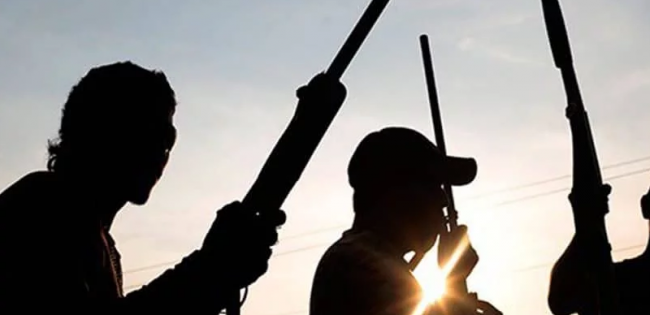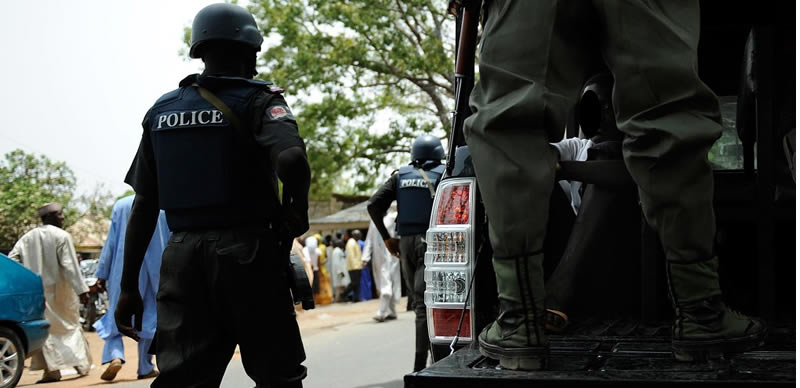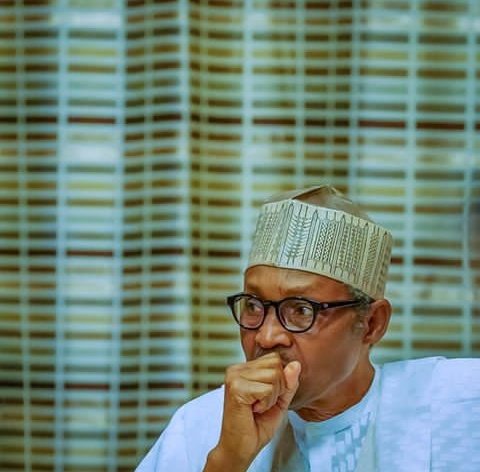As Nigeria continues to battle an escalating security crisis, prominent national leaders have expressed deep concern over the widespread killings by bandits, insurgents, and other criminal elements. They have also called on President Bola Tinubu and the Nigerian government to take urgent action to address the deepening insecurity that has gripped the nation.
The call for action comes against the backdrop of recent violent attacks that have resulted in the deaths of at least 200 Nigerians across states like Plateau and Benue, with militants attacking various communities. Former Defence Minister, Lt. General Theophilus Danjuma, reaffirms his previous stance that Nigerians must rise up and defend themselves, as he laments the government's failure to provide adequate security in the face of these atrocities. Danjuma, while speaking in Takum, Taraba State, urged citizens to take proactive steps in securing their lives, as the government is unable to guarantee safety.
Former Vice President Atiku Abubakar, also weighed in, criticizing President Tinubu for remaining abroad as the country grapples with insecurity. Atiku likened the situation to instances where leaders around the world have cut short their overseas visits to address crises in their home countries, accusing Tinubu of indifference to the security situation.
Similarly, Catholic Archbishop of Sokoto, Matthew Kukah, decried the ongoing killings in Nigeria, describing the country as being under siege. In his Easter message, Kukah highlighted the constant fear faced by Nigerians due to violent crimes and terrorism. He implored President Tinubu to urgently act to bring peace and security to the nation. "Nigeria is gradually becoming a huge national morgue," Kukah said, stressing the need for immediate action to halt the relentless killings.
Pastor Tunde Bakare, of the Citadel Global Community Church, also called for a redesign of Nigeria's security architecture. He highlighted the growing distrust of citizens towards the government’s capacity to provide security and warned that this could lead to dangerous developments, including inter-ethnic conflicts. Bakare suggested forming zonal security councils and restoring multilevel policing to better manage the nation’s security.
The Christian Association of Nigeria (CAN) also echoed similar sentiments, calling on the government to prioritize citizens' security and ensure that those responsible for the persistent violence are brought to justice. In Kebbi State, CAN urged the service chiefs to ensure that the constitutional duty to protect citizens is fulfilled, while warning that those failing to do so would face divine retribution.
As Nigeria approaches a critical juncture, the country faces the dual challenges of economic hardship and mounting insecurity. The Easter reflections have led many to question the leadership's ability to act decisively in the face of these crises. Leaders have called for a renewed commitment to peace, unity, and progress, urging the federal government to take the necessary steps to restore public safety.
In this moment of national crisis, it is crucial for all Nigerians, regardless of their political or ethnic affiliations, to unite in the common goal of restoring peace and security. As the nation commemorates the resurrection of Christ, the message of hope and rebirth calls for collective action and a renewed commitment to creating a safer and more prosperous Nigeria for all.




